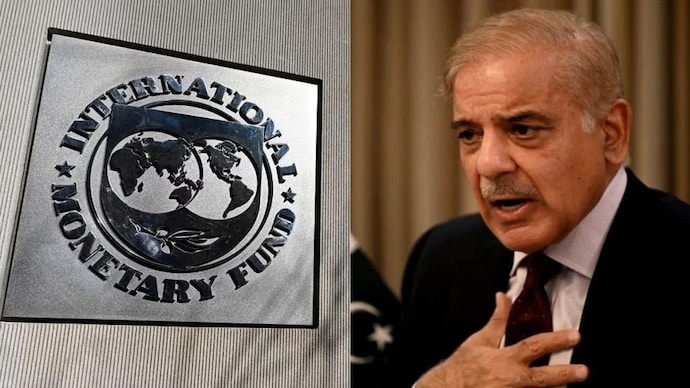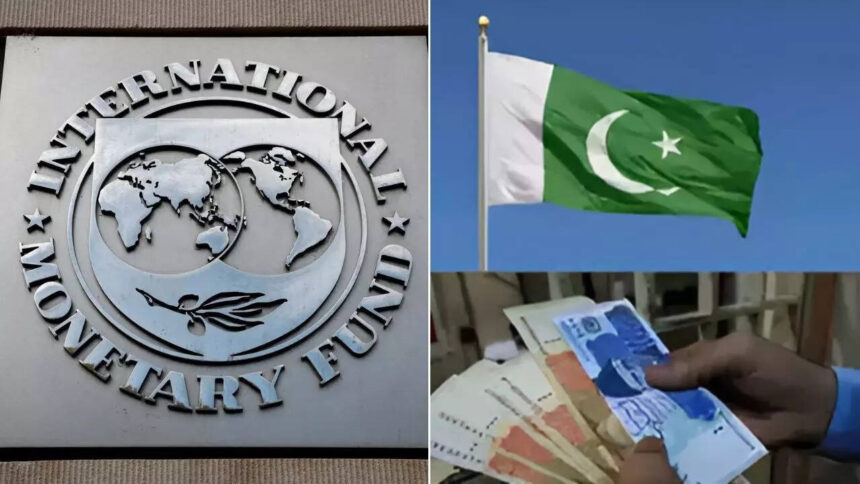Introduction
On May 9, 2025, the International Monetary Fund (IMF) approved a $1 billion disbursement to Pakistan under its Extended Fund Facility (EFF). This marks Pakistan’s 25th IMF program since 1958, sparking criticism from Indian strategic circles, particularly in the wake of the April 22 Pahalgam terror attack, allegedly backed by Pakistan-based groups.

Pakistan’s Economic Dependence on the IMF
Pakistan’s chronic economic instability is tied to its overreliance on imported energy, structural tax inefficiencies, and low foreign reserves. With inflation peaking at 38% in 2023 and foreign reserves covering just two weeks’ imports, Pakistan once again turned to the IMF. The new EFF agreement mandates tax reform, reserve rebuilding, and restructuring state-owned enterprises.
For a full breakdown of Pakistan’s IMF history, see the Brookings Institute’s report.
India’s Objection: Is Blocking IMF Funds Strategic?
India’s concern is valid—bailouts may unintentionally free up domestic funds that support extremism. Yet, the IMF enforces stringent conditionalities and audits. Directly blocking IMF support could undermine India’s international credibility, especially since IMF support is designed for economic stabilization—not discretionary spending.
A more effective approach lies in strengthening India’s voice at the Financial Action Task Force (FATF)
The Power of FATF Sanctions
Between 2018 and 2022, FATF placed Pakistan on its grey list, resulting in investor withdrawals, credit rating downgrades, and frozen financial pipelines. India has previously succeeded in leveraging FATF pressure to compel Islamabad to implement over 30 financial regulation reforms.
According to Council on Foreign Relations (CFR), FATF actions exert more economic and reputational damage than IMF oversight.
Challenges Ahead for India
Despite diplomatic attempts, building Western consensus around penalizing Pakistan remains difficult. The end of the U.S. war in Afghanistan and Beijing’s diplomatic shield limit India’s ability to influence FATF outcomes. Nevertheless, India must continue engaging with Gulf and European partners to strengthen its case.

Conclusion
Rather than focusing on IMF bailouts, India would benefit from a strategic pivot toward multilateral platforms like FATF. These forums offer more direct influence over terror financing accountability and reduce the reputational risk of appearing obstructive in global financial processes.
- Understanding FATF’s Role in Countering Terror Financing
- Pakistan’s Economic Crisis Explained
- India’s Diplomatic Strategies in South Asia










